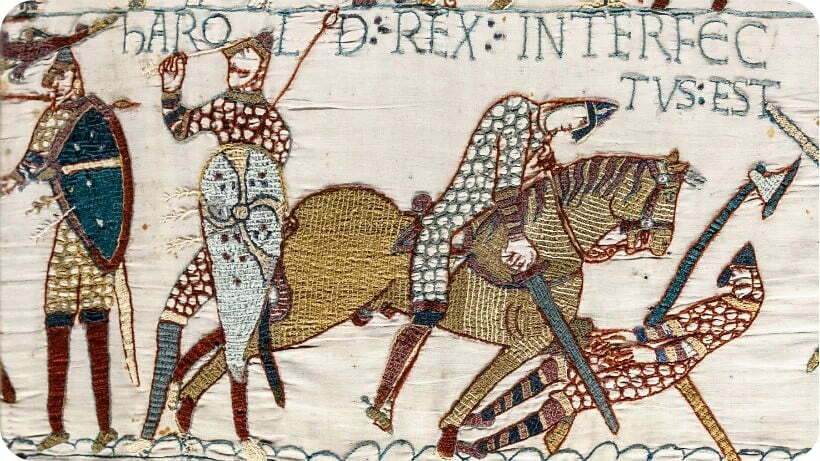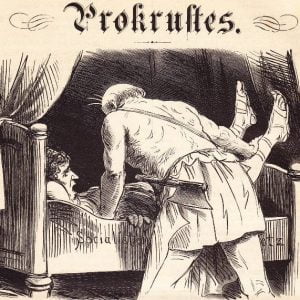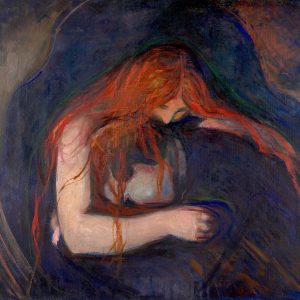This conquest was the last act of Normans to the English. In those years, Edward the Confessor who was the last member of Anglo-Saxon royal was the king in England. However, Edward was killed by his brother-in-law Harold Godwinson in January 1066.
William was the one who could afford everything for the throne. Harold was at war in the North in the meantime. He had not realize the real danger would come. In battle of Hastings, William and Edward came face to face. Harold had no choice except for win that war because he had no heir to hand on his throne.
The fact that Harold’s childdlessness was what encouraged William and he wanted to take that war no matter what. Finally, William defeated Harold with the combat on October 14, 1066. Even when William came to the throne, he still did not have full power due to the rebels. There was a trouble between the Anglo-Saxons and the Normans every year until 1070.
The Normans who remained their cruelty were masters in occupation. This affected Durham and York badly. There was no order there. Whatever they did influenced the innocent again. Few Saxon Lords protected their lands which were small part accepted by William. William gave the rest of lands to his supporters. The whole thing was recorded to Domesday Book that was a survey by asking questions to the public.

The Norman Conquest Influences Upon the British Civilization
The Norman Conquest had many effects upon the British civilization. These effects affected the society and caused some changes in language, government system and community. England’s relationship with Scandinavia was broken down because of Willam’s conquest. In contrast to Scandinavia, relationships with countries became close, especially France.
The most impressive results were the disappearance of the English control over the Catholic Church and the destruction of the old English aristocracy. William expropriated English landlords and he offered them to his own supporters. While he was doing this prize which was disaster to English, he made these records documented to the Domesday Book.
William did not almost leave natives in the government. He applied that process in the church studiously. There was no English Bishop nearly until 1096 in the larger monasteries. Afterwards, many Anglo-Saxons who included nobles immigrated the other countries which were Scotland, Ireland or Scandinavia. Also, a group went to the Byzantine Empire by ships.
That empire deserved the best place to go. Before the Normans came, the Anglo-Saxons were ready to lose their essence. After the Norman conquest, they assimilated easily. England divided into states that was called shires. These shires were governed by sheriffs. Each region had a justice system and court. There was no change in the system but Normans changed the authorities. They made changes in language as well as personal changes.
The language was used as a mixture of English and Norman French. Intermarriages happened happened with most of the Norms settled in the country. Of course, there would be same differences in the society and it happened. The slavery system went into a decline and it extinguished thanks to the disapproval of the church. No major changes occurred in the status of society and women’s rights either.
Uzayla – Culture Universe





